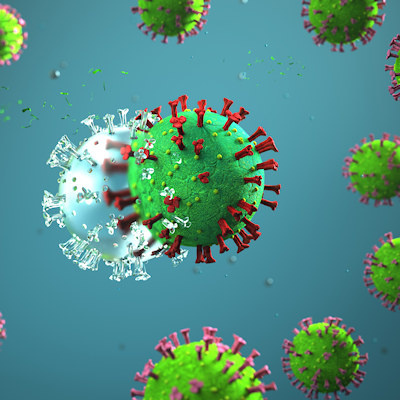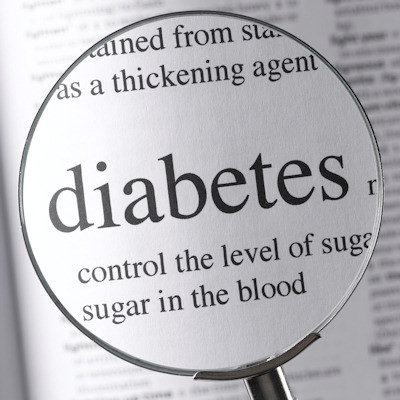June 22, 2023 -- The U.S. Food and Drug Administration (FDA) this week granted approvals of Jardiance (empagliflozin) and Synjardy (empagliflozin and metformin hydrochloride) as additions to diet and exercise to improve blood sugar control in children 10 years and older with type 2 diabetes.
The approvals, granted to drug manufacturer Boehringer Ingelheim on Tuesday, mean a new class of medicines can be taken by mouth to treat pediatric type 2 diabetes.
Metformin, the only other oral therapy available for the treatment of children with type 2 diabetes, was first approved for pediatric use in 2000.
Type 2 diabetes, the most common form of diabetes, is a chronic and progressive condition in which the body does not make or use insulin normally, leading to high levels of glucose in the blood. The incidence of type 2 diabetes in children increased by 4.8% per year from 2002 to 2015 and is expected to continue increasing, the FDA said.
As of 2017, there were approximately 28,000 cases of type 2 diabetes in children in the U.S.
"Compared to adults, children with type 2 diabetes have limited treatment options, even though the disease and symptom onset generally progress more rapidly in children," Dr. Michelle Carey, associate director for therapeutic review for the Division of Diabetes, Lipid Disorders, and Obesity in the FDA's Center for Drug Evaluation and Research, said in a statement. "Today's approvals provide much-needed additional treatment options for children with type 2 diabetes."
Empagliflozin, the active ingredient in Jardiance and Synjardy, increases the excretion of glucose in the urine.
The FDA described the path to the new approval for the drugs.
The safety and efficacy of empagliflozin in children were studied in a double-blind, randomized, placebo-controlled trial in 157 patients aged 10 to 17 years with inadequately controlled type 2 diabetes. Participants were randomly assigned to one of three treatment arms for 26 weeks: empagliflozin, a DPP-4 inhibitor (linagliptin), or placebo.
At the beginning of the trial, 51% of patients were taking metformin alone, 40% of patients were taking a combination of metformin and insulin, 3% of patients were taking insulin alone, and 6% of patients were not taking other medicines for diabetes. The trial found that at week 26, treatment with empagliflozin was superior in reducing hemoglobin A1c, a measure of average blood sugar, compared to placebo.
The 52 patients treated with empagliflozin had an average 0.2% decrease in hemoglobin A1c compared with an average 0.7% increase in hemoglobin A1c in the 53 patients taking placebo, representing a 0.8% decrease in hemoglobin A1c with empagliflozin as compared to placebo. Patients treated with empagliflozin also had reductions in fasting plasma glucose, a blood sugar measurement taken after not eating or drinking for at least eight hours, as compared to patients taking placebo.
Jardiance was originally approved by the FDA in 2014 as an addition to diet and exercise to improve blood sugar control in adults with type 2 diabetes. Synjardy was originally approved by the FDA in 2015 as an addition to diet and exercise to improve glucose control in adults with type 2 diabetes. Empagliflozin, when used as a component of Synjardy, is approved to reduce the risk of cardiovascular death in adults with type 2 diabetes and established cardiovascular disease and to reduce the risk of cardiovascular death and hospitalization for heart failure in adults.
For the approvals on Tuesday, Jardiance and Synjardy received FDA priority review designations.
Copyright © 2023 scienceboard.net










